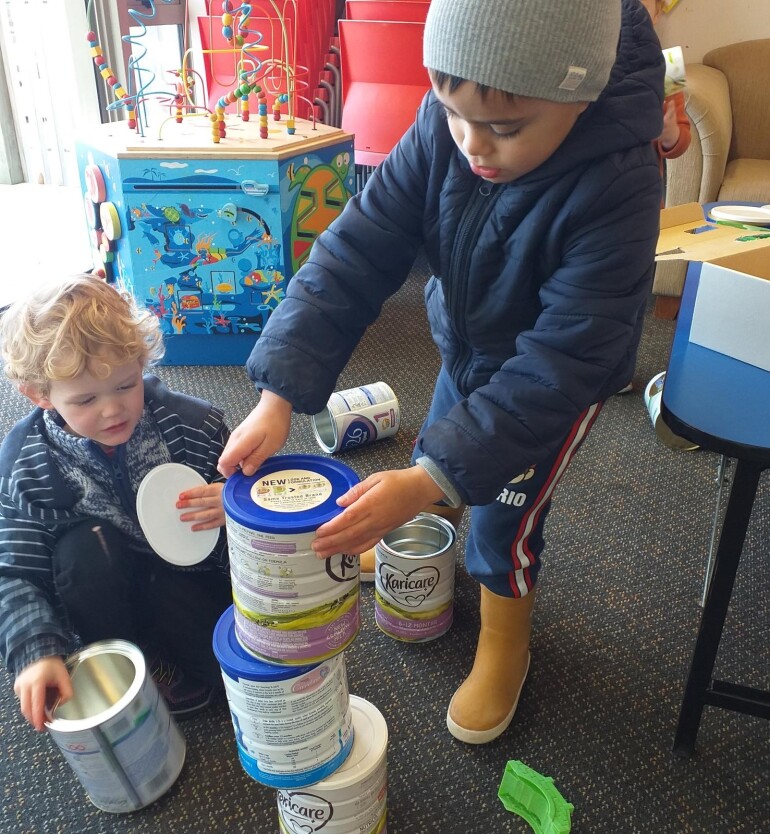News And Events

Speech and Language Development
18 November 2022At Nurtured at Home, we can provide individualised support for children to develop speech and language skills in a small home setting. Using the Ministry of Education’s resource Much More Than Words, we provide an environment that is rich in communication so that children can develop their speech and language skills. Here’s why communication is important:
Communication involves a range of many different skills. Children need to be able to:
- understand what people say to them
- use words and sentences to talk to get their message across
- speak clearly
- understand and use gestures, signs and body language
- look, listen and take turns in a conversation.
Communication is the foundation for learning and development and is possibly the most important skill a child will ever develop. Communication develops over time and children go through stages in their communication; some go through these stages quickly and some will take longer.
Communication development varies across languages and cultures. Many children live in homes where more than one language is spoken. This provides an opportunity for them to be multilingual and should be encouraged and valued. It is important for the adults around the child to use the language that they are most comfortable and familiar with as this will provide the best models for the child (Lowry, 2014).
Children need the adults around them to actively support and encourage their communication development. The more we know about how to support and encourage, the more we can help children develop their communication skills through play and social conversations in real-life situations. Te Whäriki, the New Zealand Early Childhood Curriculum, says that: “The relationships and environments that children experience have a direct impact on their learning and development” (Ministry of Education, 1996, pg 7).
Communication is much more than words. Speech, language, social interaction and early literacy skills are all parts of a child’s communication. These parts develop together and support each other.
Information taken from Ministry of Education's resource, Much More Than Words


